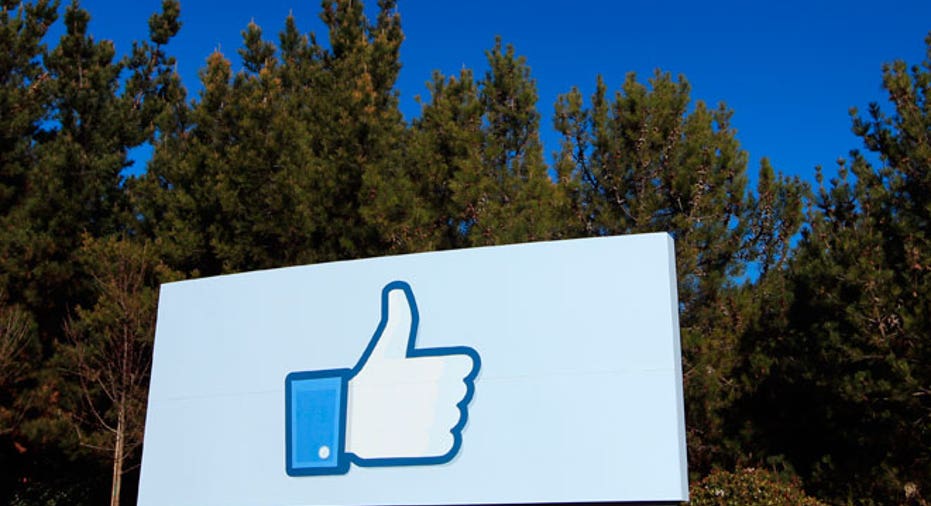Social Media Influencing Green Buying

If you’re hoping to woo true environmentalists with your green products or services, you should aim for social media tactics that target younger people, who have larger social circles and are more prone to take action, according to Mintel, a company that tracks trends worldwide.
Mintel's research showed that of those who value being perceived as green, 24 percent admit to having purchased a green product just to show others that they are environmentally conscious (vs. a 9 percent average), and 20 percent admit to having concealed recyclable trash that they had mixed in with their regular garbage (vs. an 8 percent average).
While the green movement is benefiting from the social pressures that many consumers feel to go green, those behaviors don't have a lot of "stickiness." In other words, once the pressure lets up, the behaviors disappear.
A much more fertile field for cultivating a green consciousness is younger consumers, Mintel says.
Mintel's research also found that 14 percent of adults ages 18 to 24 switched to a more environmentally friendly product because of a post by a friend on a social networking site. In addition, 12 percent of that same age group said they had liked a company on Facebook, followed a company on Twitter or pinned the company to their Pinterest board because of the company’s green practices.
"Clearly, avoiding a potential negative perception from others drives at least some green behaviors," said Fiona O'Donnell, a lifestyles and leisure analyst at Mintel says. “On one hand, the green movement benefits from the social pressures that many consumers feel to go green. On the other hand, because some consumers are acting in an environmentally friendly manner to avoid a negative stigma — and not truly out of concern for the environment — once the social pressure is removed, green behaviors are less likely to stick."
Facebook users ages 18 to 34 have, on average, more than 300 friends — which means the range of influence that green-company advocates may have on their social circles can have a far-reaching effect on consumers' perception of a company or brand, O'Donnell said.



















